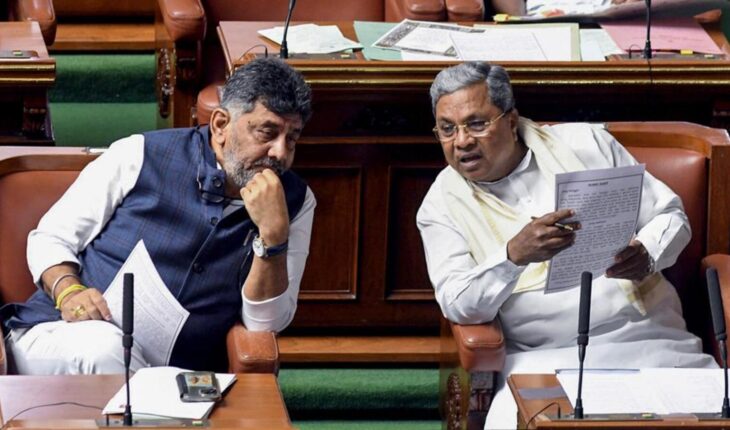Bengaluru: In the bustling state of Karnataka, a storm of controversy brewed when the government announced a bold decision to introduce hefty job reservations for local candidates in the private sector. The bill, which aimed to reserve 50% of managerial roles and 70% of non-managerial positions for locals, was met with severe backlash from industry bodies and the business community. This outcry forced Chief Minister Siddaramaiah to temporarily retract the proposal.
Late Wednesday night, the Chief Minister’s Office released a statement saying, “The job reservation bill for Kannadigas, cleared by the state cabinet on Tuesday, has been temporarily put on hold. The draft bill is still in the preparation stage. It will be reviewed in detail at the next cabinet meeting, and a final decision will be taken.”
The bill, to the consternation of the industrial and business communities, stipulated significant reservations across industries, factories, and other establishments. However, the messaging surrounding this important proposal was poorly handled. On Tuesday night, in a moment of confusion, the Chief Minister posted on X about an earlier proposal by the previous BJP government under Basavaraj Bommai, which had proposed a 100% reservation for Kannadigas in Group C and D private sector jobs. The tweet was quickly withdrawn, but the damage had already been done.
Caught off guard by the state government’s move, which seemed to lack input from the private sector—the very sector on which the bill would be imposed—the industry and business community made their displeasure known loud and clear. NASSCOM, representing the vital technology sector, voiced serious apprehensions over the bill’s potential impact on Karnataka’s status as a global technology hub.
Industry leaders argued that the bill, if enacted, would hinder their ability to hire the best talent, potentially leading to inefficiencies and compromising the quality of their workforce. They warned that such a policy could deter future investments in Karnataka, driving businesses to other states with fewer hiring restrictions.
Legal experts also weighed in, pointing out potential constitutional issues. They highlighted that the bill could conflict with national laws ensuring free trade and equal opportunity, potentially leading to lengthy court battles and legal uncertainty.
As the news spread, discussions erupted across social media and in public forums. The withdrawal of the Local Job Quota Bill became the topic of the day, with opinions varying widely. Some saw it as a necessary step to protect the state’s economic future, while others viewed it as a missed opportunity to prioritize local employment.
The story of the Karnataka Local Job Quota Bill and its withdrawal highlighted the complexities of policymaking in a dynamic and diverse society. It underscored the delicate balance that governments must maintain between addressing local needs and ensuring broader economic stability. As Karnataka moved forward, the lessons learned from this episode would undoubtedly shape future policies and the state’s approach to governance.






